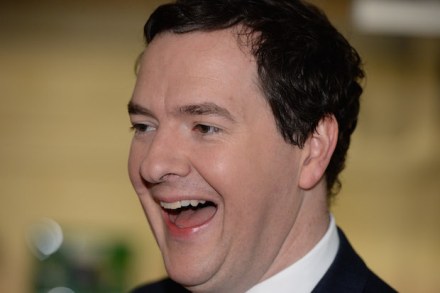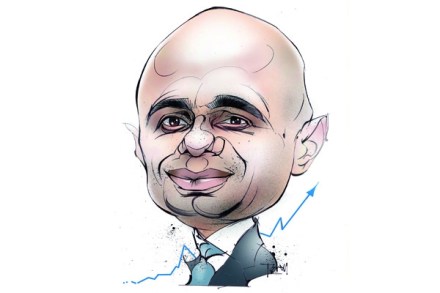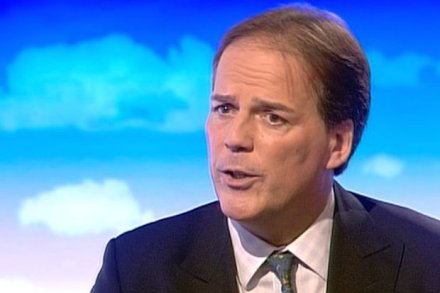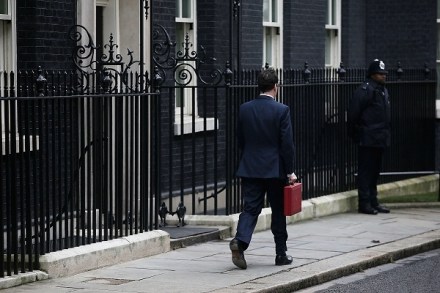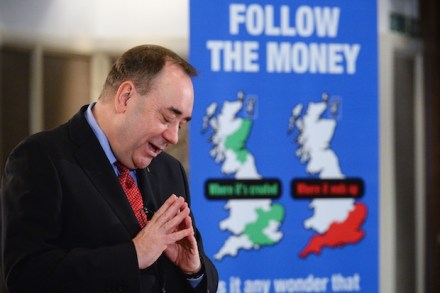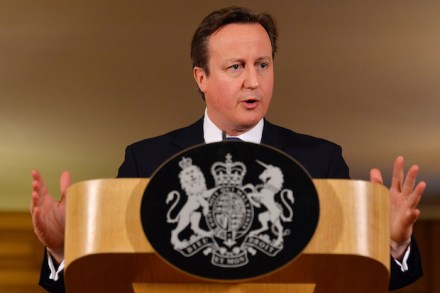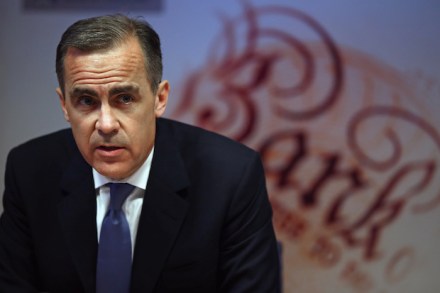Today’s GDP growth figure could mean a political dividend for the Tories
Today’s GDP figures are another sign that the recovery is strengthening. The 0.8 per cent growth in the first quarter is equivalent to more than 3 per cent annual growth. This means that the UK is on course to have the fastest growing economy in the G7 this year. The rapid fire press releases from Osborne, Alexander and Clegg this morning all strive to avoid saying that the job is done. But with the economy having grown 3.1 per cent since this time last year, it is clear that the economy is now on a far healthier trajectory. No one can say that it is bumping along the bottom anymore.
